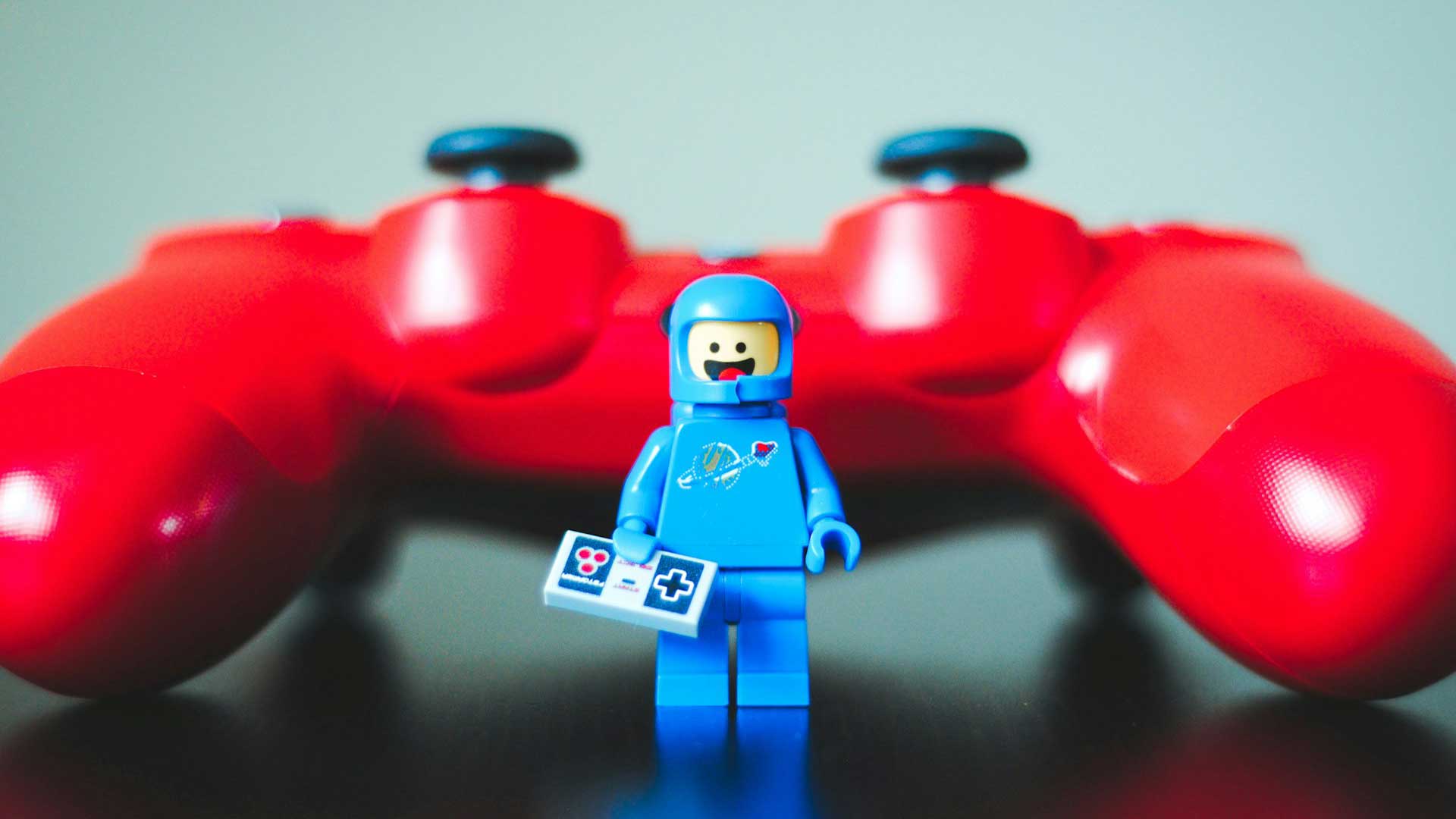


In recent years, competitive gaming has evolved from a casual pass time to a global phenomenon. From e-sports tournaments with multi-crore prize pools to online gaming platforms where users play for prizes and prestige, the desire to compete is stronger than ever.
But what really drives people to engage incompetitive play? What makes us obsess over leader boards, outperform strangers or invest hours perfecting our skills?
This blog explores the psychology behind competitive gaming — analyzing gamer motivation, behavioral triggers,and what makes competition so addictive (in a good way).
Competitive gaming refers to game play environments where players compete against others — individually or in teams — to achieve rank, status, or rewards. It spans across:
● Esports tournaments
● Mobile PvP games
● Skill-based online contests (like Indibid)
● Multi-player strategy games
Unlike casual games, competitive formats are designed around challenge, status, and rewards.
Humans have an innate desire to improve and achieve mastery. Competitive gaming offers measurable progress:
● Scores
● Ranks
● Wins and losses
Each session provides feedback, allowing players to grow — triggering a loop of continuous engagement. Gamer motivation often stems from the need to feel competent and capable.
According to psychology, we measure our value by comparing ourselves to others. Leader boards and rankings are powerful motivators — not just for bragging rights but for personal validation.
Games that show relative performance (e.g.,top 5% players) stimulate competitive behavior and increase retention.
Every win — especially when earned by skill rather than luck — activates the brain’s reward center. The small rush of dopamine creates satisfaction and anticipation for the next round.
Platforms that offer real-world rewards for gaming (like vouchers, gadgets, or coins) amplify this effect.
Being a “gamer” is more than a hobby — it's part of identity. Players join clans, teams, and Discord channels to connect socially, build relationships and feel part of a tribe.
For many, online gaming behavior is deeply social and community-driven.
Beyond e-sports and battle royales, a new segment of competitive gaming has emerged — one where users can win real products based on skill.
Platforms like Indibid offer games where:
● Users join contests for phones, vouchers or electronics
● They play short skill-based games (quizzes, puzzles, etc.)
● Winners are chosen purely by performance, not chance
This model appeals to players who enjoy challenge, competition, and tangible outcomes — a perfect mix of gaming psychology and shopping behavior.

This is why skill-based platforms are not only more fulfilling but also ethically and legally safer than gambling-style apps.
Smart platforms use psychological triggers to build habits and loyalty:
● Progress bars for goal setting
● Leader boards for status comparison
● Daily contests to build routine
● Social elements to tap into community identity
Understanding online gaming behavior helps brands create experiences that retain users — not by addiction, but by satisfaction and challenge.
While competition can be motivating, it can also lead to burnout or obsession. Here's how to stay balanced:
● Focus on personal improvement, not just winning
● Take breaks after intense play sessions
● Don’t tie your self-worth to rankings
● Enjoy the journey of skill development
Competitive gaming is best enjoyed when approached with a growth mindset.
● Competitive gaming taps into core human needs: achievement, comparison, and identity
● Gamer motivation is fueled by mastery, status, and real rewards
● Platforms like Indibid use skill-based games to blend gaming psychology with tangible incentives
● A healthy competitive mindset leads to better performance and enjoyment
● Understanding online gaming behavior helps users stay engaged — and balanced
In the end, it's not just about playing to win— it's about growing, connecting, and challenging yourself. That’s the power of competitive gaming.







